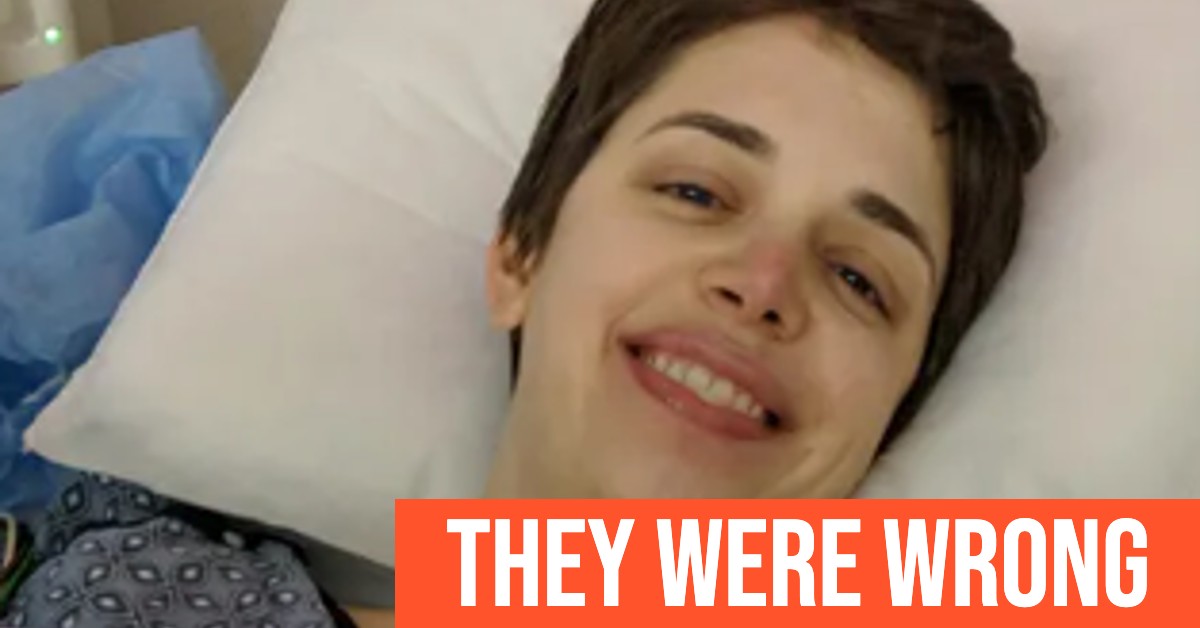When Brooks Bell was 38, her doctors thought she was too young to get colon cancer. They didn’t take her serious symptoms seriously, guessing it was probably just hemorrhoids. But after insisting on more tests, the businesswoman from North Carolina found out she actually had Stage III colon cancer.
Now 43, Brooks wants to tell other young people to pay attention to their bodies and speak up if something feels wrong. This is especially important because more people under 50 are getting colon cancer these days.
Brooks runs a company about digital data. Five years ago, while at a tech meeting, she noticed blood when she went to the bathroom. She called a doctor who said it was probably nothing serious, just hemorrhoids, and it would go away. But it didn’t.
Weeks later, Brooks saw another doctor who also thought it was hemorrhoids, even though she couldn’t find any. Brooks didn’t feel right about this, so she went to a specialist herself. During a test called a colonoscopy, the doctors found a tumor in her colon that was bleeding.
The doctors said it looked like cancer, and it was. But the good news was it was still Stage III. Brooks had surgery right away to remove part of her colon and then went through really strong chemotherapy for three months.
After her treatment, Brooks had to wait and worry about the cancer coming back. She was really scared because colon cancer often comes back in the first year after treatment. But now, five years later, she’s free from cancer!
Dr. Austin Chiang, a doctor who knows a lot about stomach problems, said it’s hard to know exactly why more young people are getting colon cancer. But eating a lot of red meat and highly processed food, and getting overweight might be part of the problem. Dr. Chiang’s team tells people to eat less red meat and drink less alcohol, not to smoke, and to stay active to lower their risk of getting cancer.
Brooks took this advice seriously. After her treatment, she started exercising more than ever before. She even trained for and finished a triathlon exactly one year after her cancer treatment ended. She also started eating healthier, focusing on lots of vegetables and fiber, and not eating much red meat.
In 2021, experts started saying that adults between 45 and 75 should get checked for colon cancer. Before that, they said to start at 50. Brooks thinks this is great but hopes one day checks will start even earlier, at 40. This would help catch the cancer sooner, but it’s hard because there aren’t enough of the special tests called colonoscopies for everyone.
Colon cancer can also show up as changes in how you go to the bathroom, belly pain, feeling weak or tired, feeling like you can’t empty your bowels all the way, and losing weight without trying. Brooks says it’s important for young people to know about these signs and get help early. But sometimes, doctors don’t think about cancer when someone is young.
Dr. Chiang agrees. He says most people don’t know they should start getting checked at 45. And some people are scared of colonoscopies or can’t take time off work to get checked. Also, some people think simpler tests are just as good, but they’re not. Colonoscopies can find and remove problem spots early, sometimes even before they turn into cancer.
After Brooks learned about her cancer, she wanted to help others. She joined the Colorectal Cancer Alliance to teach people about preventing colon cancer. In 2022, she started her own group called Lead From Behind, with the same goal. She even got famous people like football player Dak Prescott and actor Ryan Reynolds to support her cause.
Brooks also talked at the White House about cutting cancer deaths in half in five years. She’s working on a project to help people who can’t afford colonoscopies get them.
Brooks hopes talking about colon cancer and prevention will become a normal part of health conversations, especially as people get into their 40s. This year, doctors think there will be over 100,000 new cases of colon cancer and about 46,000 new cases of rectal cancer in the U.S. It’s the third most common cancer, not counting skin cancer. So, it’s really important to keep an eye out and get checked!

